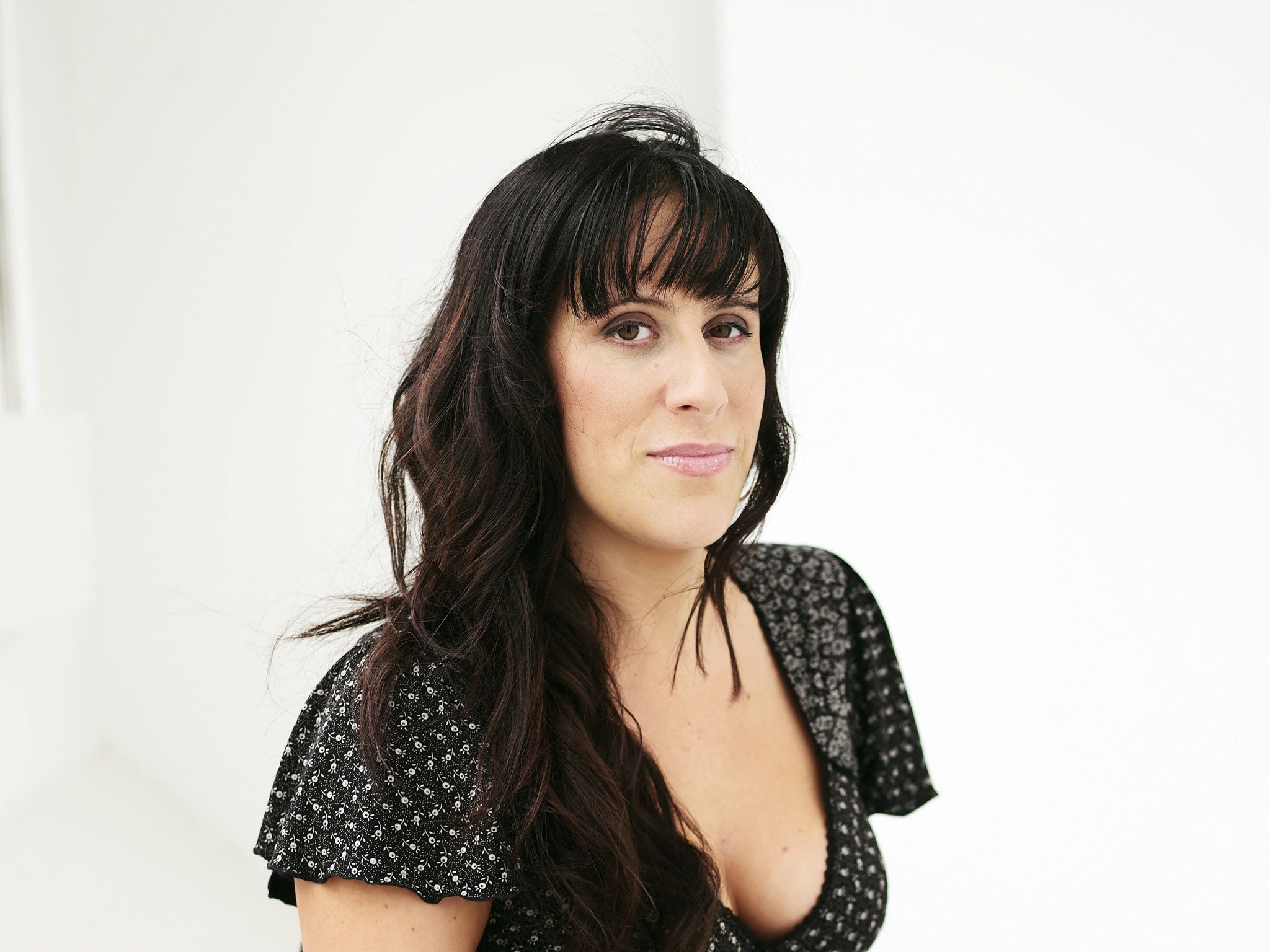David Cameron’s plan for internet-porn filters ‘risks hurting LGBT community’
Prominent writers warn PM that some people may be denied access to educational sites

Your support helps us to tell the story
From reproductive rights to climate change to Big Tech, The Independent is on the ground when the story is developing. Whether it's investigating the financials of Elon Musk's pro-Trump PAC or producing our latest documentary, 'The A Word', which shines a light on the American women fighting for reproductive rights, we know how important it is to parse out the facts from the messaging.
At such a critical moment in US history, we need reporters on the ground. Your donation allows us to keep sending journalists to speak to both sides of the story.
The Independent is trusted by Americans across the entire political spectrum. And unlike many other quality news outlets, we choose not to lock Americans out of our reporting and analysis with paywalls. We believe quality journalism should be available to everyone, paid for by those who can afford it.
Your support makes all the difference.David Cameron's plan for UK households to block internet porn with default search filters will be “very damaging” for LGBT people and vulnerable adults who could be denied access to legitimate sexual health and education sites, a group of authors and journalists has warned.
In an open letter to the Prime Minister, prominent figures including the Belle de Jour writer Brooke Magnanti and feminist blogger and author Zoe Margolis, warned that the Government was taking “a dangerous and misguided approach” to internet safety.
“Focusing on a default 'on' filter ignores the importance of sex and relationship education and sexual health,” they write. “Worse, you are giving parents the impression that if they install Internet filters they can consider their work is done.”
They point out that faults with existing internet service provider filters have been reported numerous times and warn that any default filters could “unintentionally block important sites related to sexual health, LGBT issues, or sex and relationship education”.
“This will be very damaging for LGBT young people, for example, or vulnerable adults who may be cut off from important support and advice, in particular those with abusive partners who are also the Internet account holder,” they add.
In July, the Prime Minister announced plans to force internet service providers to apply “family friendly filters” that would be automatically switched on unless customers actively chose to disable them.
He said he was prepared for a “row” with internet service providers and warned that firms should not allow “technical obstacles” to stand in the way of introducing default filters.
However, Lee Maguire, technical officer at the civil liberties organisation the Open Rights Group, said that filters could never distinguish “between sites that seek to titillate and those with frank discussion of sexuality.”
“Sites dealing with issues surrounding sexuality are likely to fall foul of miscategorisation as they often contain certain keywords that filters see as inappropriate for children. Even when humans categorise sites, categories will often be set by individuals with their own cultural values,” he said.
To illustrate how blunt an instrument search filters could be, a spokesman for the group cited a recent case in which a British Library search filter denied a man using its Wi-Fi network access to Hamlet, because it contained “violent content”.
The open letter, which was also signed by the science-fiction writer Charles Stross and the New Statesman journalist Laurie Penny, said that by promising families “one click to protect the whole family”, the Prime Minister was “giving parents the impression that if they install Internet filters they can consider their work is done”.
“We urge you instead to invest in a programme of sex and relationship education that empowers young people and to revisit the need for this topic to be mandatory in schools,” they write. “Please drop shallow headline grabbing proposals and pursue serious and demonstrably effective policies to tackle abuse of young people.”
A No10 spokesperson said: “As the PM set out in his speech on 22 July, there are lots of charities and other organisations which provide vital online advice and support to young people and we need to make sure that the filters do not, even unintentionally, restrict this helpful and often educational content.
“Internet service providers are actively engaged in this issue and the Prime Minister has asked the UK Council for Child Internet Safety to set up a working group to ensure this material isn't blocked.”
Join our commenting forum
Join thought-provoking conversations, follow other Independent readers and see their replies
Comments